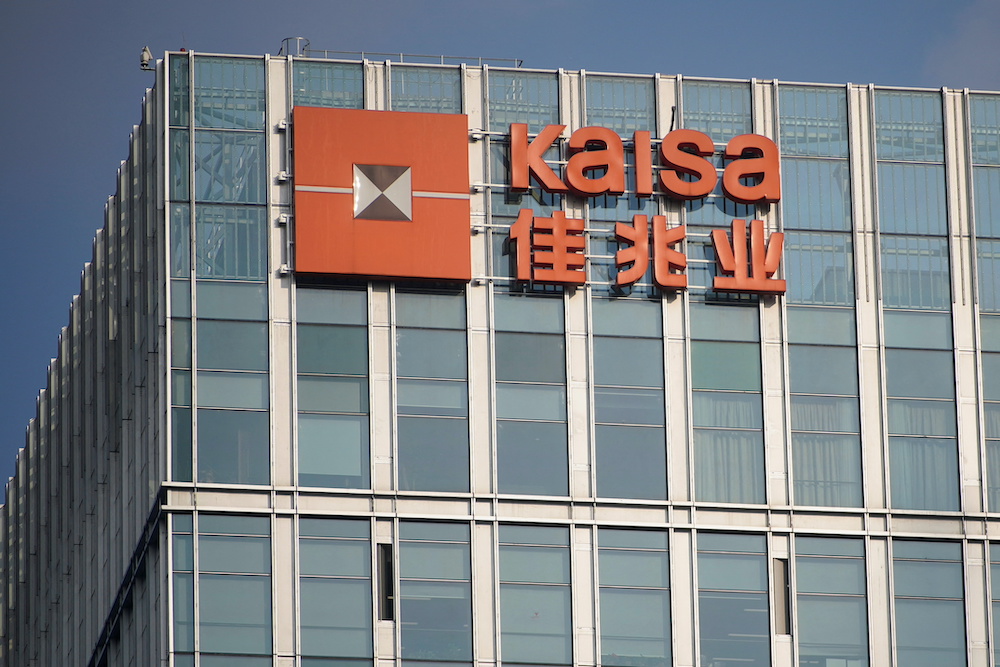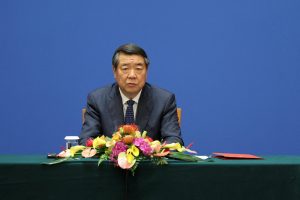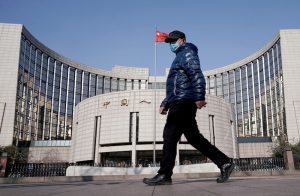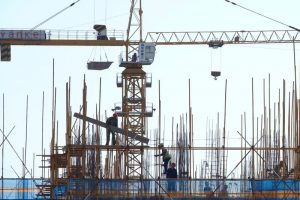Under pressure from authorities, Chinese property firm Kaisa Group Holdings Ltd is working furiously to come up with a feasible plan to repay wealth product investors, two sources with direct knowledge of the matter said.
Kwok Ying Shing, chairman of the cash-strapped developer, has agreed to a request from the government of Shenzhen where the company is based, to provide by the end of January a proposal to repay investors in its wealth management products (WMPs), one of the sources said.
The sources added that if the company fails to do so, they believe possible consequences include the Shenzhen government seizing some of Kaisa‘s assets and gradually taking over the company.
Kaisa‘s dilemma underscores how authorities are pushing property developers to prioritise meeting onshore debt obligations. That could pile more pressure on a sector hit by a regulatory-induced liquidity squeeze which has caused several developers to miss offshore bond payments in recent months and spooked financial markets.
Kaisa defaulted on a $400 million dollar bond last month and has started restructuring $12 billion in offshore debt – the most offshore debt held by a firm in the sector after embattled China Evergrande Group.
Overall it has disclosed debt obligations of 123.8 billion yuan ($19.4 billion) as of the end of June, though it was not immediately clear if all of Kaisa‘s WMP obligations are included in that total.
‘Officials’ Families Involved, Kwok ‘Fearful’
Of its onshore obligations, WMPs are an issue authorities are particularly sensitive to. Many of the company’s ‘wealth products’ were sold to family members of Chinese officials, one source said.
Kaisa first confirmed it missed payments on some WMPs in early November, telling investors it had a total outstanding 12.79 billion yuan ($2 billion) in principal and interest at the time.
Kwok, 57, has also made it clear he is worried about his personal safety amid the pressure from authorities, said the sources, who declined to be identified due to confidentiality constraints.
He has been living in Hong Kong for a few years. In mainland China, tycoons who have run foul of authorities have often found themselves suddenly detained.
Kaisa declined to comment and did not make Kwok available for comment. The Shenzhen government did not respond to a request for comment.
Kwok is actively engaging with some of the property developer’s offshore bondholders, aiming to secure fresh lending from them to repay the WMP investors, said the sources.
A Kaisa bondholder group, which holds $5.5 billion of Kaisa‘s offshore notes, has proposed options including extending $2 billion in fresh debt to the developer, it was revealed in December.
In early November, when angry WMP investors stormed the office of Kaisa‘s finance unit in Shenzhen, the firm said it would be speeding up asset sales to raise funds.
Kaisa is planning to sell 18 of its assets in Shenzhen by the end of 2022 – mostly retail and commercial properties, which sources have said are worth a combined 81.8 billion yuan.
The fate of Kaisa, Evergrande and other indebted Chinese property companies has gripped financial markets with investors fearing the sector’s woes could inflict heavy damage on China’s economy. Beijing has repeatedly sought to reassure investors that troubles in the sector can be contained.
Evergrande, which is at the centre of the debt crisis and struggling to repay more than $300 billion in liabilities, is seeking a six-month delay for the redemption and coupon payments of an onshore bond in a meeting with bondholders this weekend.
• Reuters with additional editing by Jim Pollard
ALSO SEE:
China Plans to Relax ‘3 Red Lines’ in Boost to Real Estate M&A
Chinese Banks To See Jump In Bad Property Loans: S&P
China State Council Officials Met Property Developers, Banks
























